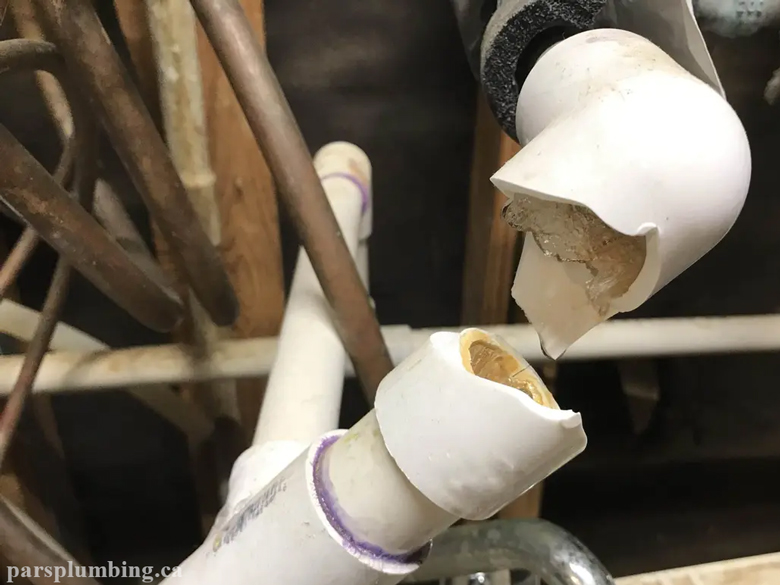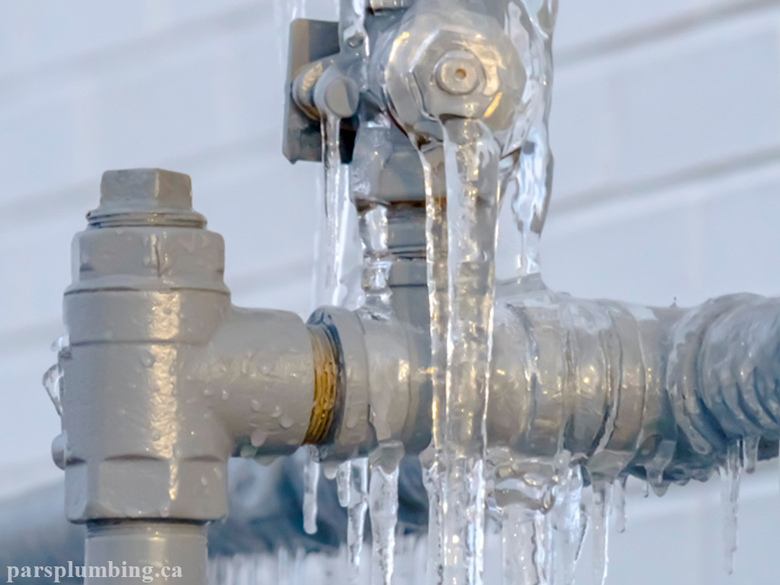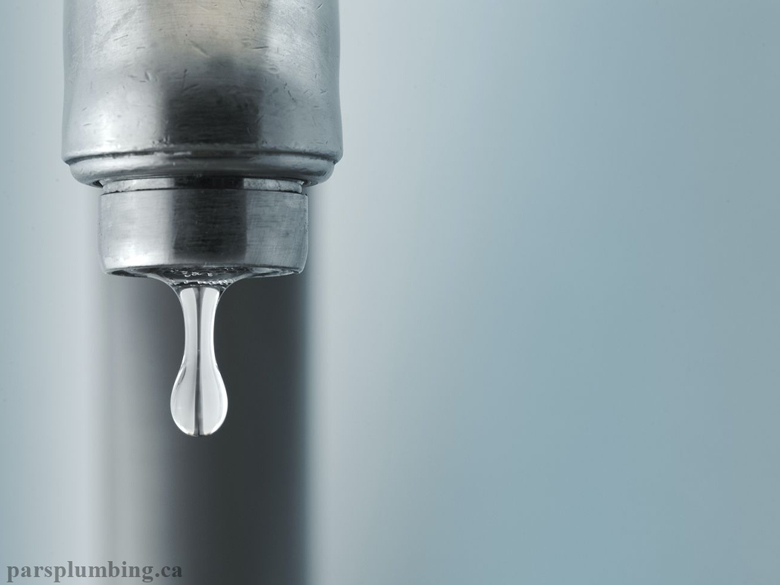Cold winters can cause significant problems for home plumbing systems. One of the most common issues during winter is frozen and burst water pipes. This can lead to severe water damage, affecting walls, ceilings, and household appliances. In this article, we will explore the causes of pipe freezing and effective methods to prevent pipes from bursting during winter.
Causes of Frozen and Burst Pipes
Drop in Temperature
When temperatures fall below freezing, the water inside pipes freezes, expands, and increases pressure, causing the pipes to burst.
Poor Pipe Insulation
Pipes that are not properly insulated are more exposed to cold temperatures and are more likely to freeze.
Pipes Located in Exposed or Unheated Areas
Pipes in places like basements, garages, or external walls are at higher risk of freezing.
Lack of Water Flow
Stagnant water in pipes is more likely to freeze. Keeping water flowing can prevent this problem.
Ways to Prevent Pipes from Bursting in Winter
Proper Insulation
Using pipe insulation materials like foam or fiberglass helps prevent freezing.
Allowing Faucets to Drip Slightly
Letting faucets drip slowly maintains water flow and prevents freezing.
Using Heating Tapes
Heat tapes keep pipes warm and protect them from freezing.
Keeping Garage and Basement Doors Closed
Maintaining a warmer temperature in these areas helps prevent frozen pipes.
Checking and Repairing Leaks
Small cracks or leaks can let in cold air, increasing the risk of freezing.
Draining Unused Pipes in Winter
Shutting off and draining outdoor pipes can prevent freezing damage.
Conclusion
Preventing frozen and burst pipes in winter is essential. By following simple steps like proper insulation, allowing water to flow, and using heating devices, homeowners can avoid costly damages and maintain their plumbing systems efficiently.



